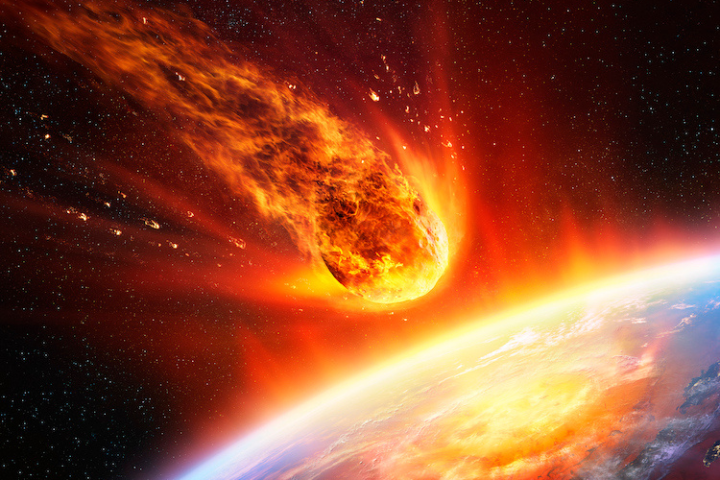In 2022, NASA’s Double Asteroid Redirection Test (DART) mission successfully collided with the asteroid moon Dimorphos, which orbits the larger asteroid Didymos.
This deliberate impact was intended to test whether a celestial body could be nudged off its natural course as part of planetary defence strategies.
However, recent research published in the Planetary Science Journal has revealed that the mission accomplished far more than anticipated, altering the moon’s shape and trajectory in significant ways.
Unexpected Changes in Dimorphos’ Shape
The Double Asteroid Redirection Test (DART) was a NASA mission designed to test a method of protecting Earth from potential threats from space, specifically near-Earth objects (NEOs).
The mission aimed to see how much a spacecraft could change an asteroid’s path by crashing into it head-on. The target was Dimorphos, a small moon orbiting the asteroid Didymos. Although neither asteroid was a danger to Earth, their characteristics made them ideal for this experiment.
Initially, Dimorphos was shaped somewhat like a hamburger.
The impact from the DART spacecraft has transformed it into a more football-like shape.
Dr. Derek Richardson, a key researcher involved in the mission, noted that this unexpected transformation contradicts long-held theories about how asteroid moons evolve.
Previously, it was believed that these moons would naturally elongate over time, with their major axis always pointing toward the asteroid they orbit.
The collision has shown that the dynamics of these small celestial bodies are more complex than previously understood.
Orbital and Rotational Disturbances
The collision didn’t just change Dimorphos’ shape; it also knocked the moon out of its original orbit around Didymos.
Since the impact, Dimorphos has been “tumbling” unpredictably through space, with no consistent orientation toward its parent asteroid.
This erratic movement has provided scientists with invaluable data on how such bodies might behave if they were to pose a threat to Earth.
These findings could be crucial in refining our strategies for planetary defence, ensuring we are better prepared for any future asteroid threats.




GIPHY App Key not set. Please check settings